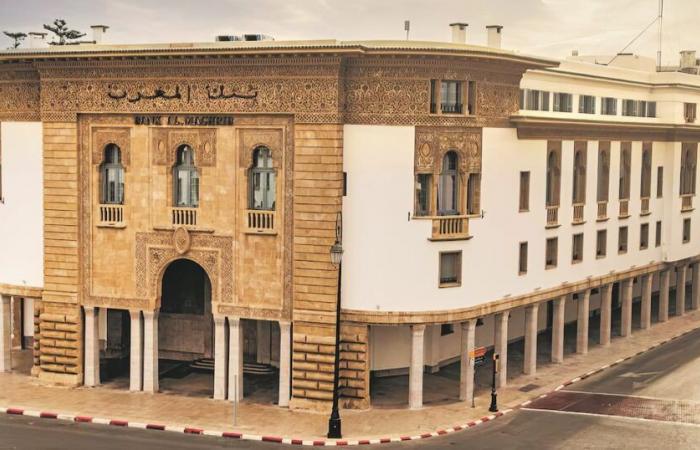The success of the tax amnesty operation has been officially confirmed. According to Mustapha Baïtas, government spokesperson, who spoke on Thursday January 9 during a press briefing, the assets declared as part of this operation introduced in the 2024 finance law are around 125 billion dirhams.
In addition to its contribution in terms of tax revenue for the state budget, estimated at some 6 billion dirhams (billion dirhams), this windfall is also a boon for the banks, which substantially strengthens their liquidity, marked by a deficit. chronic.
The latter was thus 135.3 billion dirhams on average during the week of January 2 to 9, 2025 (reduction, however, of 4.15%), indicates BMCE Capital Global Research in the latest edition of its publication “Fixed Income Weekly” .
Read also: Tax amnesty: 127 billion dirhams declared, according to Mustapha Baïtas
This deficit is filled by Bank Al-Maghrib (BAM), which claims to satisfy all liquidity requests expressed by the banks and continue to implement its longer-term refinancing programs. At the end of the past week (from January 2 to 9, 2025), 7-day advances from the Central Bank for the benefit of banks stood at MAD 60.2 billion, a contraction of MAD 12.4 billion compared to the previous week.
Note that this deficit is structural. In 2023, banks’ liquidity needs increased to MAD 83.2 billion on a weekly average, compared to MAD 80.9 billion in 2022 and MAD 70.8 billion a year earlier. This development is essentially the result of the strong growth in fiat currency and the improvement in external assets, explains BAM.
Banks must support project leaders
According to Central Bank projections, the need for bank liquidity, driven mainly by the expansion of fiat currency, would continue to grow to reach 192.3 billion dirhams in 2026. Suffice it to say that deposits resulting from the amnesty tax constitute a great breath of fresh air for the banks. And the question is how they will use them.
Asked by Le360Taib Aisse, financial and economic expert, indicates that banks will have to use these exceptional deposits to further finance the economy, in particular by lending to businesses, thus contributing to the revitalization of the economy and the creation of jobs. Especially since a multiplier coefficient allows banks to lend up to 8 times this windfall, he notes.
Read also: Info360. Tax amnesty: more than 110 billion dirhams declared, according to a latest updated report
Our interlocutor affirms to this effect that many viable projects do not find financing, calling on banks to take risks, but also to support project leaders to make their files bankable. Failing this, they must, at least, direct these clients to accountants who will assist them in preparing well-constructed and studied files and, therefore, bankable, he adds.
Moreover, he notes, an accountant can continue to support a project leader beyond the financing phase to increase their chances of success and allow them to generate enough cash flow to start repaying his credit.
This provision of liquidity could also be used to attract part of the informal sector towards the organized sector of the economy, provided, however, that support measures are taken to this effect, continues the expert. Which is unfortunately not yet the case, he laments.






